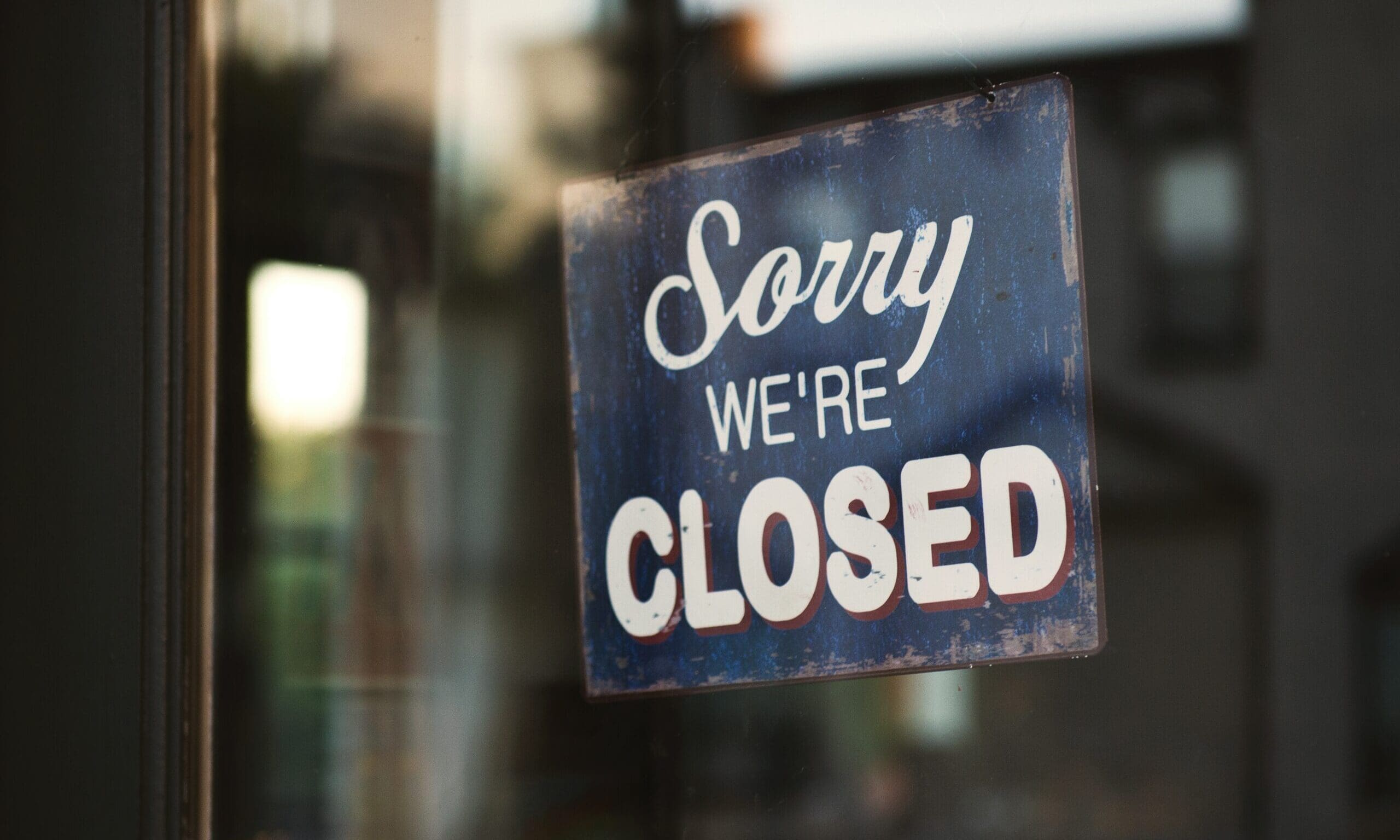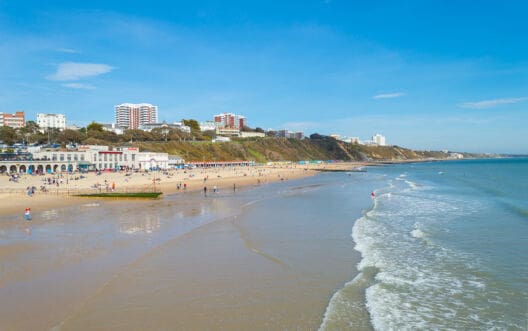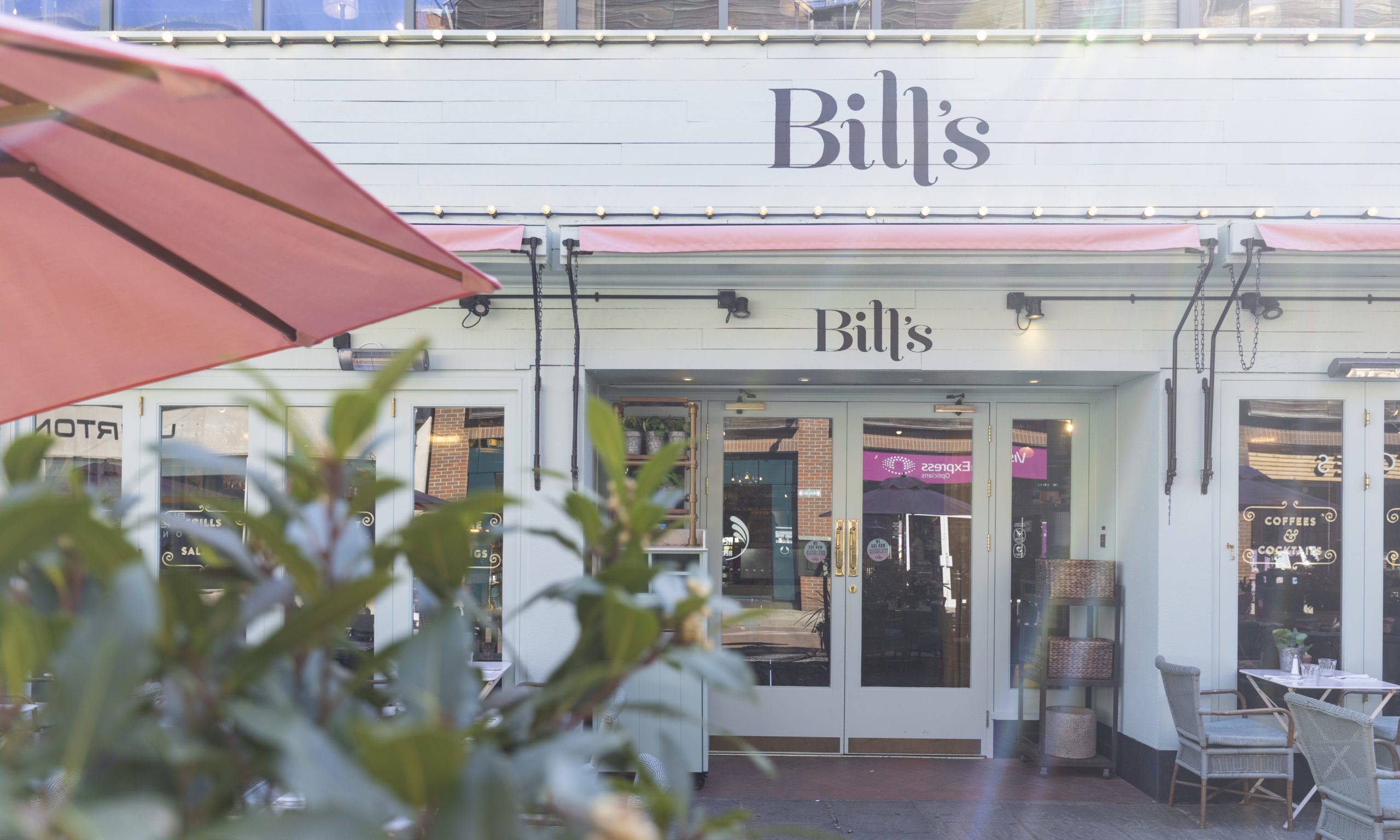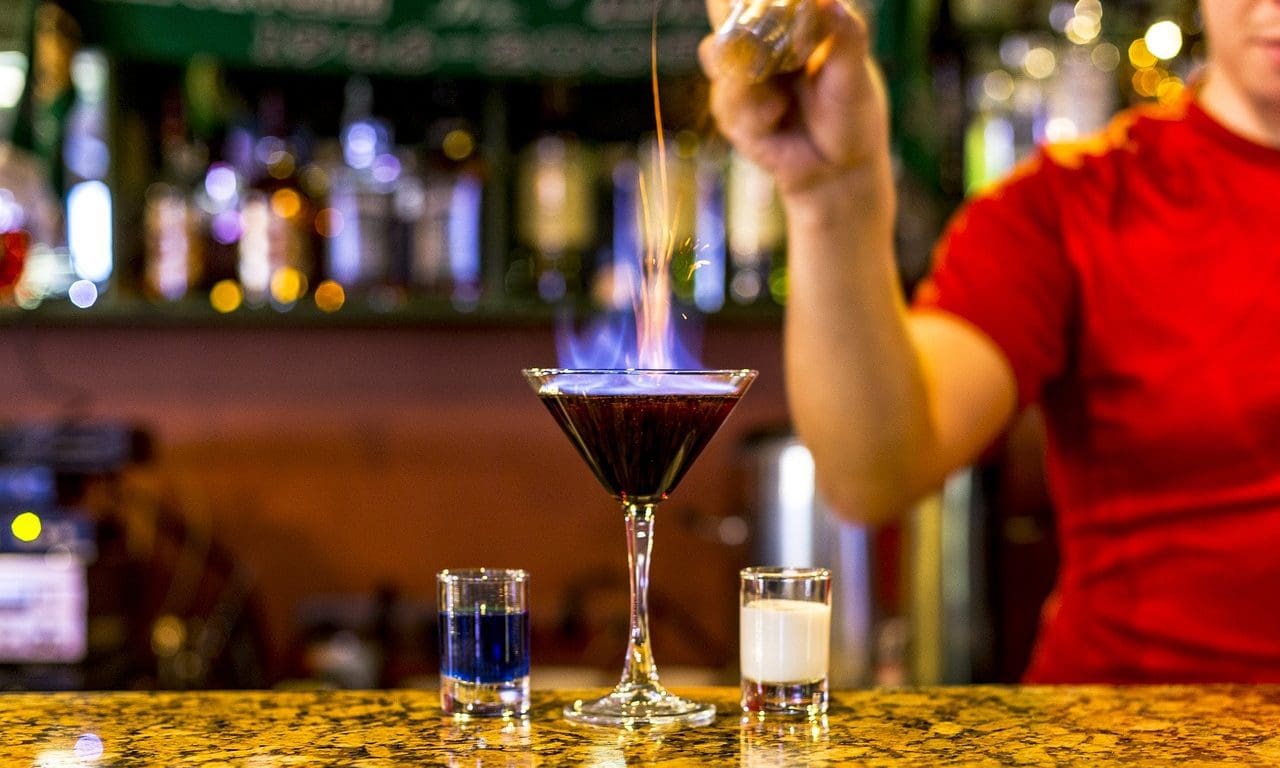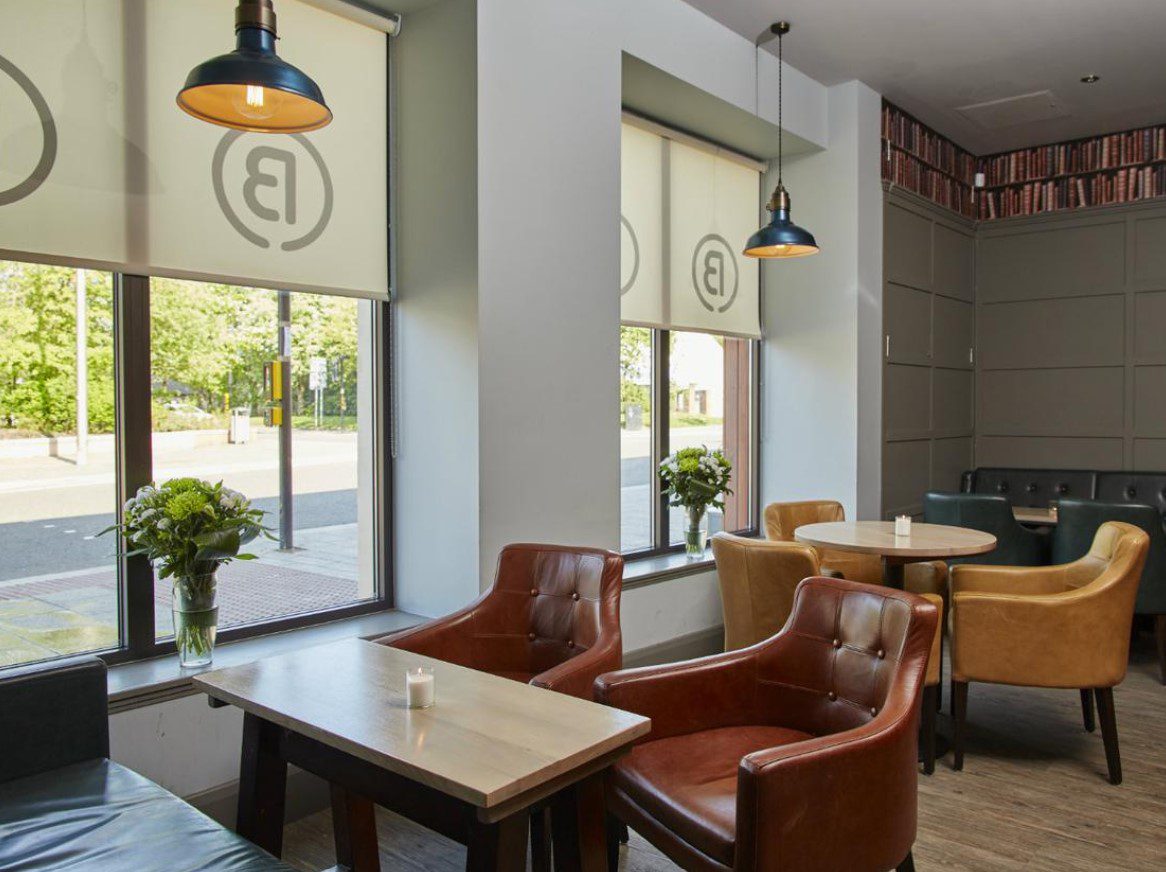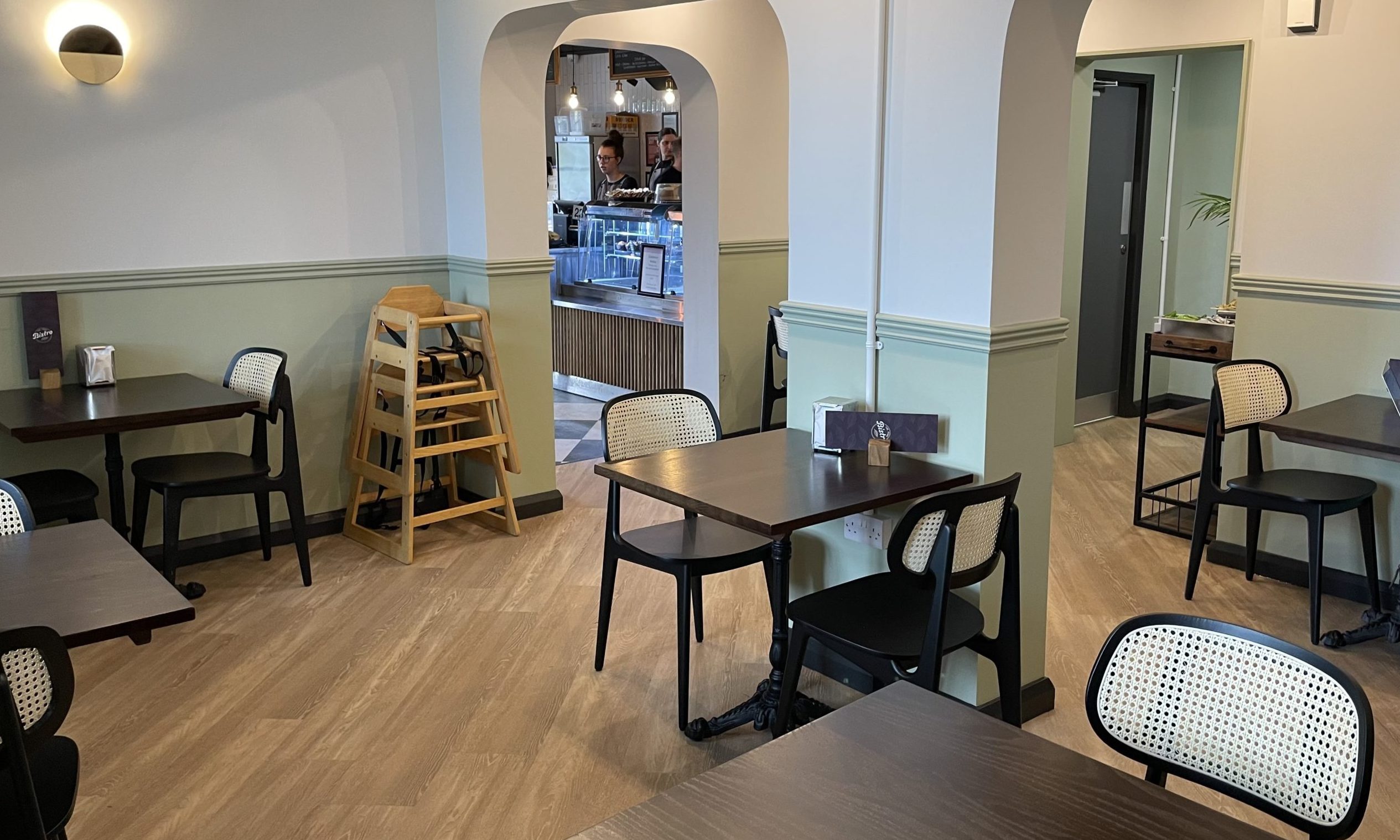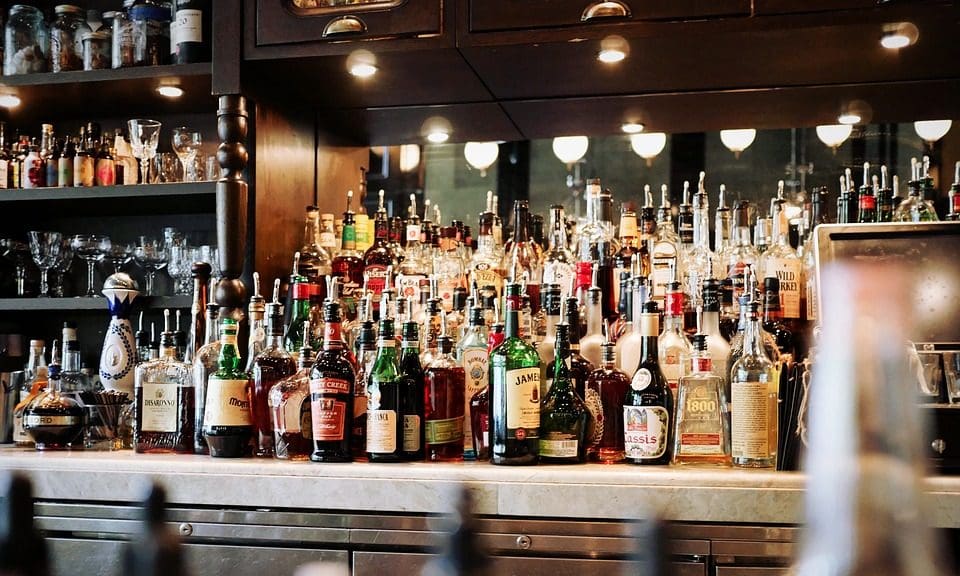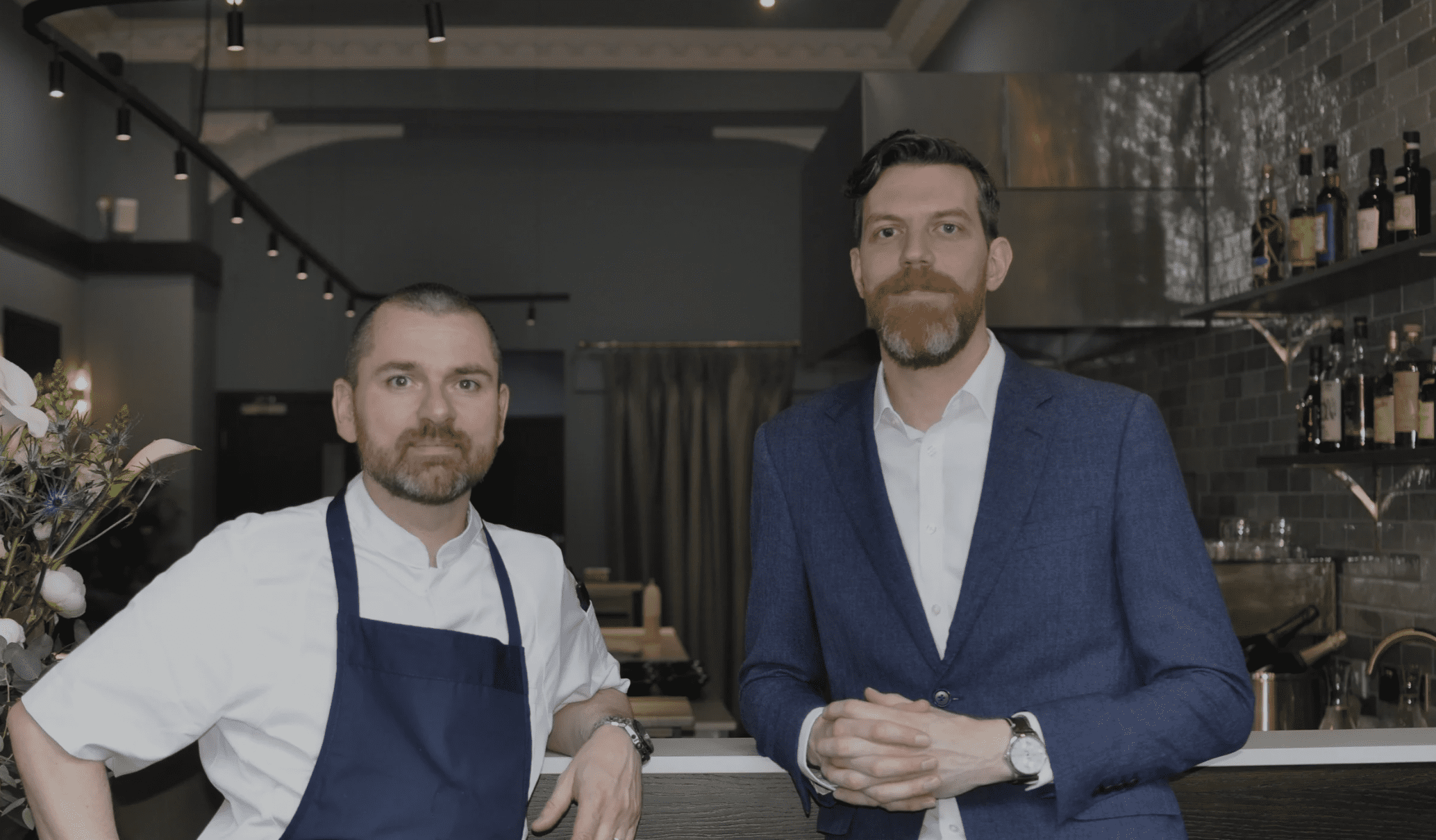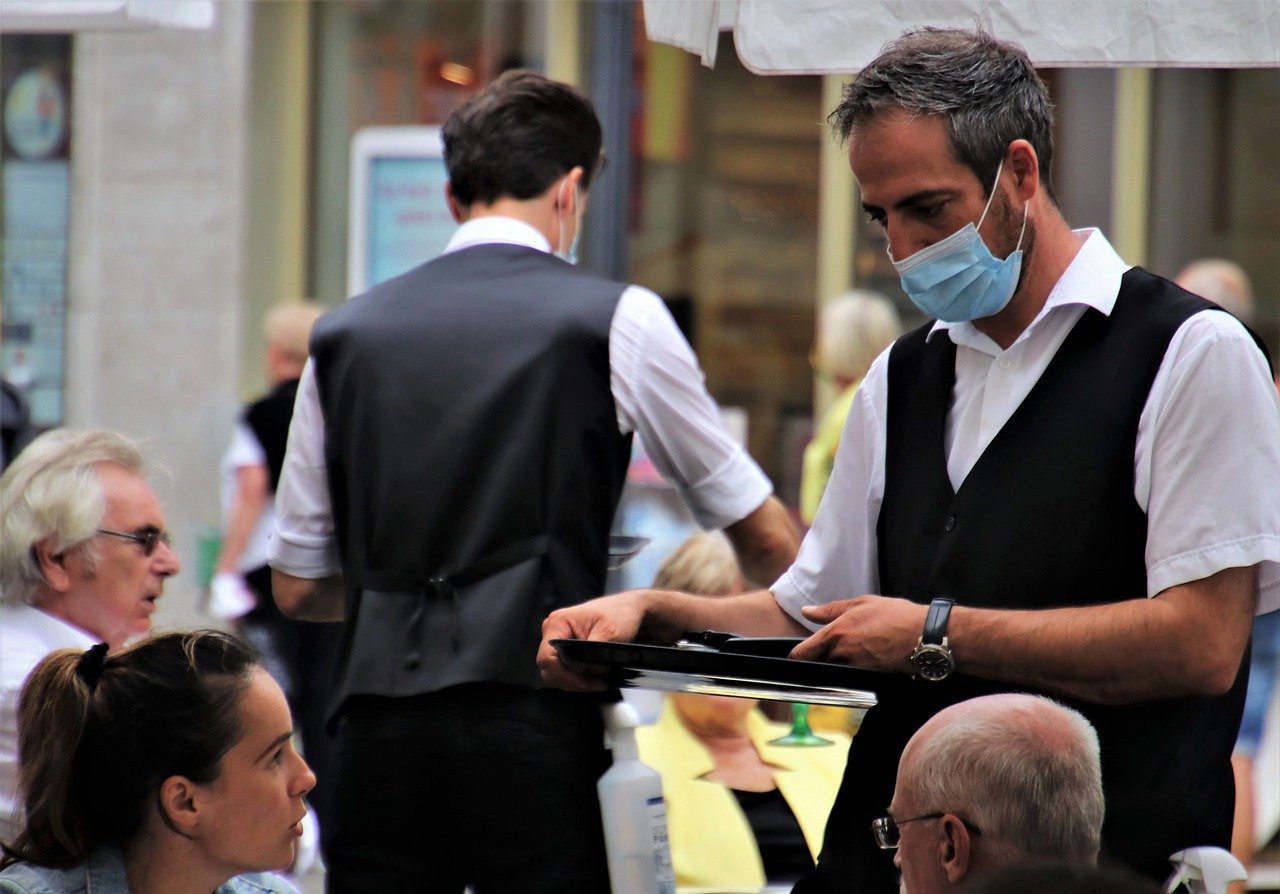Register to get 2 free articles
Reveal the article below by registering for our email newsletter.
Want unlimited access? View Plans
Already have an account? Sign in
Recent data from CGA has shown that Britain has lost over 100 independent night time venues in the last year and has seen a 31% decline in the total number of night time venues between June 2020 and June 2023.
This paints a bleak picture for an industry that is still reeling from the pandemic and is currently being hit by the cost of living crisis and could have a potential knock on effect for the whole hospitality industry.
A long term trend
The first thing that Kill makes clear is that this is not a sudden trend, as the data from CGA shows. He believes that the pandemic altered consumer behaviour and the way people socialise and that is taking time to change.
“The fallout of the pandemic is we spent a lot of time pushing people to be able to access, meeting people online, accessing music, accessing drink, accessing food, and now that there’s a big part to play in sort of drawing them out that was never going to be an overnight process in terms of drawing people back out.
“I think without a doubt, everything’s been exacerbated and I don’t think we’re at the back end of the fallout, because we’ve had a double dip where you’ve got a pandemic and then you’ve had cost inflation. So we haven’t really seen normal times outside of crisis since 2019,” he says.
Drawing people back out following the pandemic would have been a tough mission on its own and that was before the current cost of living crisis. Businesses are now having to deal with much higher supply costs alongside a general public having to tighten its belts.
That is before you even broach the topic of Brexit which has damaged the night time economy as it relied heavily on international workers to staff its venues.
“We’ve run studies on the fact that many of the businesses out there are suffering from a 40% increase in their operating costs. So when you look at the overarching position, you can look at customer behaviour, you can look at Brexit. The international workforce market that we used to draw from has become hugely challenging and having one member of staff down on a busy line is the difference between potentially taking an extra 1000 pounds or not.
“Then the bigger things are the fact that the cost of operating has gone up so much because of energy. And obviously the knock on effects through the supply chain, that it’s actually squeezed people to a point that only seven out of 10 businesses are either barely breaking even, or losing money,” he states.
It is not just big overarching themes like the cost of living or fallout from the pandemic that have caused problems for the night time economy. The Government decision to extend the late night levy is another issue facing businesses and Kill believes that there is no benefit from it.
“We fought for it to be picked out completely. We gave evidence at the House of Lords review for licensing and from our perspective, it’s an additional tax on the late night economy that we don’t see anywhere else.”
A trickle down effect
It’s not just the night time economy that would suffer, it is just one part of an ecosystem. Kill believes that a shrinking night time economy could have a knock on effect for the rest of the hospitality industry.
Less nightclubs and late night bars to go to could mean less people going out to pubs and bars on a Friday or Saturday evening to get something to eat and pre drink before a big night out.
“Without a doubt, it could have a knock on effect and we’re trying to turn that tide. I think we’ve got enough entrepreneurial spirit and drive within our sector to recoup. But let’s not lose sight of the fact that we do need a little bit of help,” he explains.
Hope on the horizon
Despite the doom and gloom that has been a feature of this article there are reasons for optimism. Kill explains that the industry has now reached what he calls a stabilisation period.
He suggests that the worst has been and gone and now the industry must focus on regenerating itself although it will need help from external powers.
“In the last couple of months, we have seen almost a stabilising position. So while we’ve lost those 100 venues the one thing that we are seeing is with the work that we’re doing, supporting the night time economy, and the different businesses out there are stabilising.
“But let’s not lose sight of the fact that we do need a little bit of help. That help can come in the form of deregulation and easements that will allow people to train longer, or give them the ability to expand the use of the building, as well as grants for culture, which would make a big difference. I think the government in the budget in November really need to consider what they can do to give the hardest hit, particularly independents and culture that financial headroom to survive through till next year,” he says.


